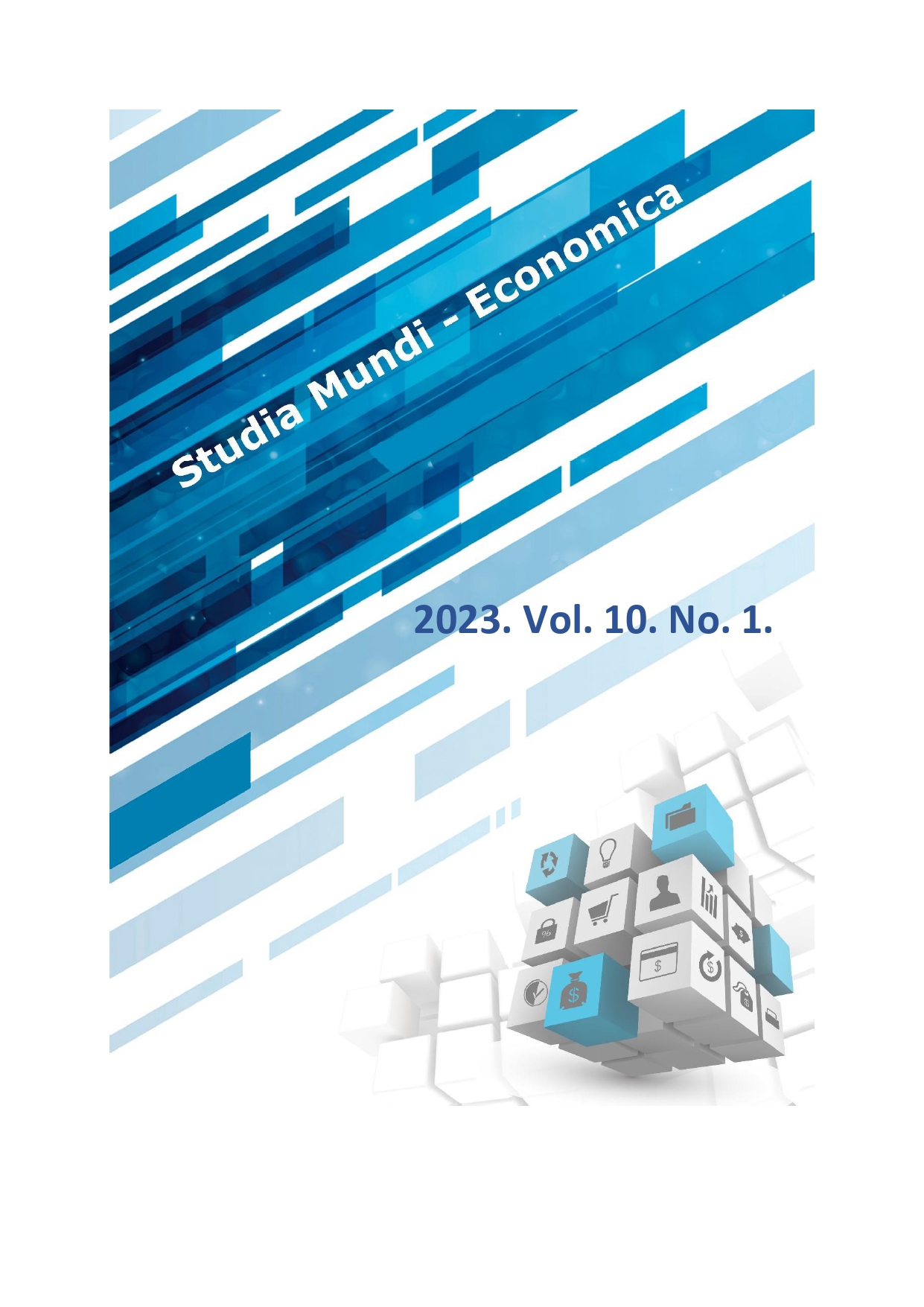Investigation of development possibilities in Gödöllő
DOI:
https://doi.org/10.18531/sme.vol.10.no.1.pp.37-49Schlagwörter:
Gödöllő, térségi szerepkör, stratégiai fejlesztés, agglomerációAbstract
A general trend has emerged in recent years that the importance of cities and settlements located in the Budapest agglomeration for the choice of residence is increasing. More and more people are moving to agglomeration settlements surrounding Budapest (mostly from the capital), which has also been strongly influenced by the COVID-19 pandemic situation. Gödöllő is still a popular destination among the population moving in. However, there is a significant territorial difference in the level of development of agglomeration settlements. Overall, Gödöllő is a developed city based on competitiveness rankings. Gödöllő is located in Budapest and the eastern gate of its agglomeration, which has a serious regional role. It is also a defining district seat and a popular place of residence for those moving out of the capital. It also has a significant impact on the surrounding smaller settlements and rural settlements, with many commuting daily to work or even leisure. In this research we were interested in how developed Gödöllő is in terms of economic and social indicators and what further development opportunities lie in the town? In our research, we set ourselves the goal of presenting the importance of Gödöllő based on the selected indicators, assessing the level of development and examining its further development opportunities. Based on the results of this research, we formulated the greater use of the potential and the future strategic development directions.
Literaturhinweise
Bajnai, L. (2011): Az épített örökség integrált védelme az operatív városfejlesztés eszköztárával. Doktori (Phd) értekezés. Budapest, Scolar Kiadó.
Enyedi, Gy. (1996): Regionális folyamatok Magyarországon az átmenet időszakában. Tér és Társadalom, 10(2–3), 244. DOI: https://doi.org/10.17649/TET.10.2-3.384.
Európai Bizottság (2020): Fenntartható Városfejlesztési Stratégiák Kézikönyve. Luxemburg, az Európai Unió Kiadóhivatala, p. 9–10.
Farkas, T. (2021): The Role of the Social Capital in Rural Development. Case Study Analysis of Village Research Camps in Romania and Hungary, European Countryside, 13(3), 584–598. (2021) DOI: https://doi.org/10.2478/euco-2021-0033.
Fekete, D. (2017): Nagyvárosi régiók gazdasági kormányzása – Új megközelítések európai járműipari központok elemzésével. Doktori (Phd) értekezés, p. 43–44.
Gálosi-Kovács, B. – Haffner, T. (2017): A területfejlesztés intézményrendszerének változása Magyarországon. Területfejlesztés és Innováció, 11(1), 22–32.
Gödöllő Város Polgármestere (2022): Előterjesztés a Képviselő-testület 2022. június 16-i ülésére – Javaslat Gödöllő Város Integrált Településfejlesztési Stratégiája (2022-2027) elkészült megalapozó vizsgálatának elfogadására. p. 89–90.
ITS Gödöllő Megalapó vizsgálat (2014): Helyzetfeltárás és helyzetelemzés, p. 85.
Káposzta, J. – Tóth, T. (2013): Regionális és vidékfejlesztési ismeretek – Elméleti jegyzet. Debrecen, Debreceni Egyetem Agrár- és Gazdálkodástudományok Centruma, p. 102–103.
Tóth, T. – Káposzta, J. (2021): Succesful management of settlements to boost rural development. European Countryside, 13(4), 819–833. DOI: https://doi.org/10.2478/euco-2021-0044.
Rechnitzer, J. (2007): Település és fejlesztés – A közszolgáltatások hatékonyságának növelése a területfejlesztésben. Budapest, KSzK ROP 3.1.1. Programigazgatóság, p. 15.
Vidák, B. (2017): Gödöllő Településfejlesztése, városmarketing tevékenysége és imázs vizsgálata. Szakdolgozat, p. 11–15.
évi XXI. törvény: A területfejlesztésről és a területrendezésről https://njt.hu/jogszabaly/1996-21-00-00
Országos Területfejlesztési és Területrendezési Információs Rendszer (TeIR): 2010–2020. https:www.teir.hu
Az ember mindenekelőtt, a zöld és élhető városokért https://www.eea.europa.eu/hu/jelzesek/jelzesek-2016/interju/201eaz-ember-mindenekelott201d-a-zold
Downloads
Veröffentlicht
Ausgabe
Rubrik
Lizenz
Copyright (c) 2023 Némediné Kollár Kitti, Kovács Petra

Dieses Werk steht unter der Lizenz Creative Commons Namensnennung - Nicht-kommerziell - Keine Bearbeitungen 4.0 International.
A folyóirat Open Access (Gold). Cikkeire a Creative Commons 4.0 standard licenc alábbi típusa vonatkozik: CC-BY-NC-ND-4.0. Ennek értelmében a mű szabadon másolható, terjeszthető, bemutatható és előadható, azonban nem használható fel kereskedelmi célokra (NC), továbbá nem módosítható és nem készíthető belőle átdolgozás, származékos mű (ND). A licenc alapján a szerző vagy a jogosult által meghatározott módon fel kell tüntetni a szerző nevét és a szerzői mű címét (BY).






